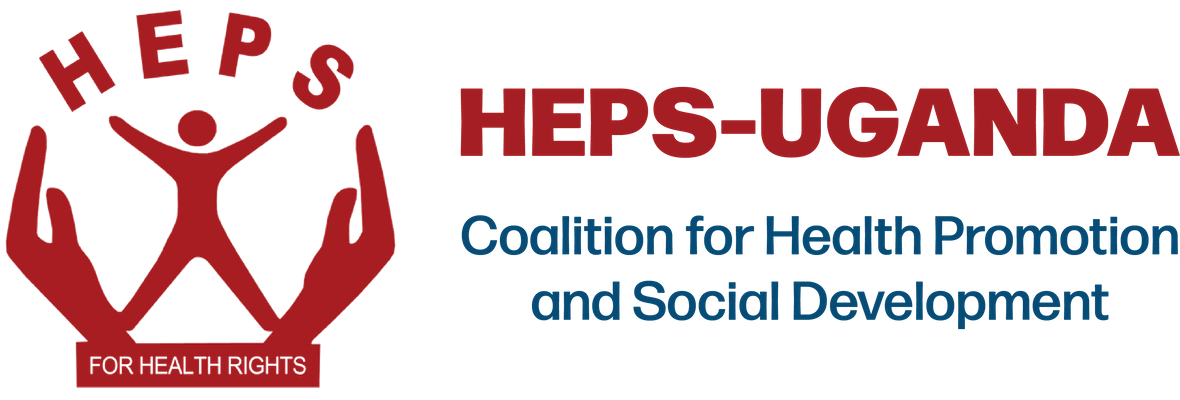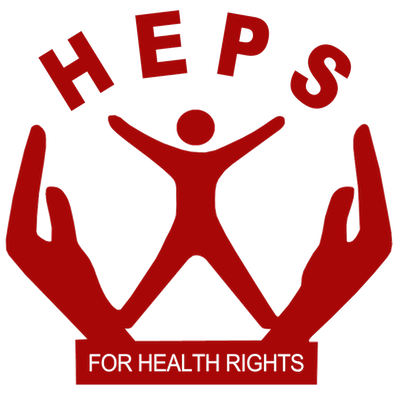TRAINING AND ENTREPRENEURSHIP MENTORSHIP PROGRAM
 Target Group:
Target Group:
S.4 and S.6 Leavers in their vacation (2025/26) aged 16-22 years in Kampala City and surrounding Districts.
Target Area: Kampala City and surrounding districts.
Background:
In Uganda, many youth, women, and men face unemployment and limited access to financial education, leaving them vulnerable to poverty, debt, and often leading to self-destructive behavior like drug and alcohol abuse. Despite Uganda’s entrepreneurial potential, most youth lack the skills and exposure to explore and exploit their dreams, manage personal finances, access credit responsibly, or grow sustainable economic enterprises.

HEPS Uganda’s -You Lead program was established to promote innovation, employability, and build self-confidence among young people. The program seeks to offer practical, interactive financial literacy and other entrepreneurship trainings and nurture dreams/innovations through incubation, hosting, exposure, and linkages.
Goal:
Contribute to building a Uganda where young people (16 -22) are employable, can make informed economic decisions, and/or start economic enterprises, and achieve long-term financial independence.
Objectives:
Train youth in basic personal and financial management, including budgeting and savings; Build knowledge on responsible borrowing, digital finance, and record-keeping; Support participants to grow their business ideas and make financial plans; Link trained youth to financial service providers and youth saving groups; Promote Youth exposure and networking with other youth in and out of Uganda.
Key Modules include:
Setting and Communicating your Dream, Understanding Money and Personal Finance, Budgeting, Saving, and Setting Financial Goals, Access to Credit and Responsible Borrowing, Digital and Mobile Money Skills, and Entrepreneurship and Financial Planning.
Expected Results:
Increased financial literacy and decision-making capacity among youth; At least 60% of participants develop individual or group saving plans; 30 youth-led business ideas per year supported through mentorship, incubation, and/or linkages
Implementation Approach:
Training will combine classroom instruction, practical exercises, mentorship sessions, and digital tools for financial management. Partnerships will be developed with local financial institutions, SACCOs, and community youth groups for continued support.
Contact: info@heps.or.ug. Tel: 0414693491 / WhatsApp only 0780761998 / 0771646811
IGNITE YOUR POTENTIAL, SHAPE YOUR FUTURE



